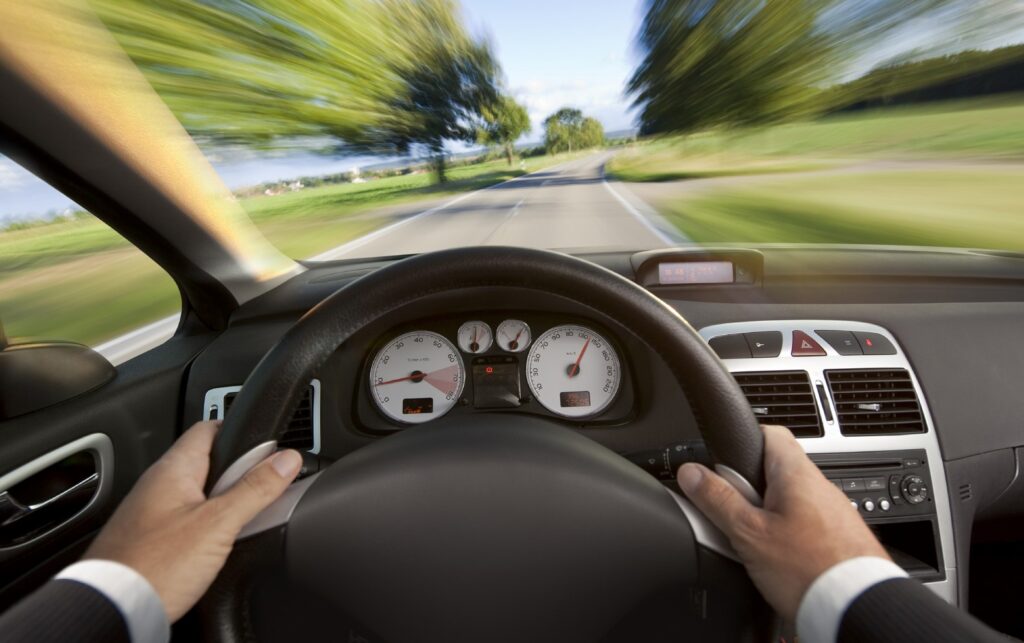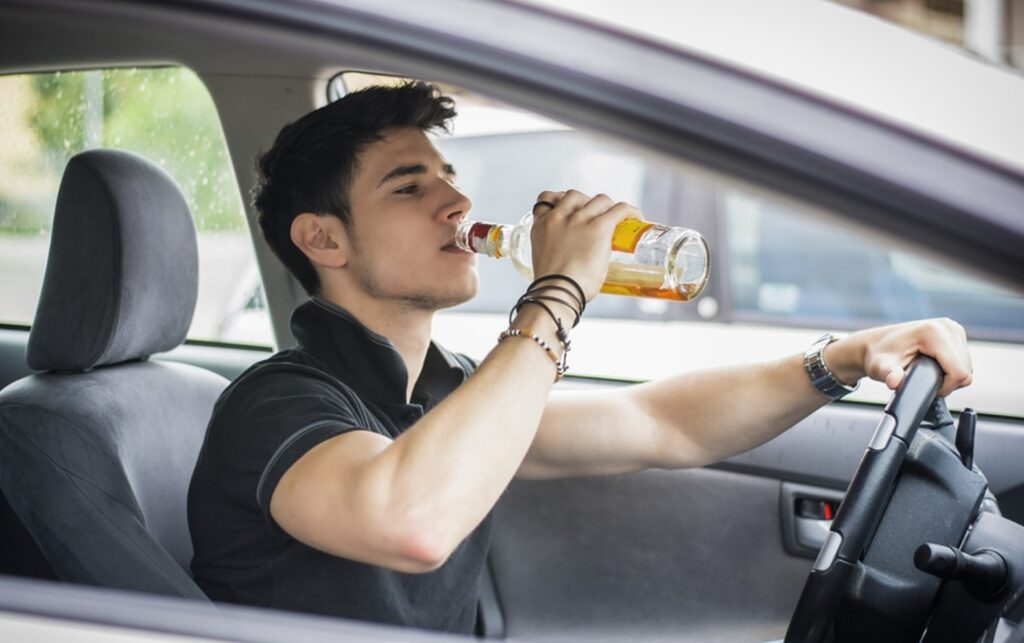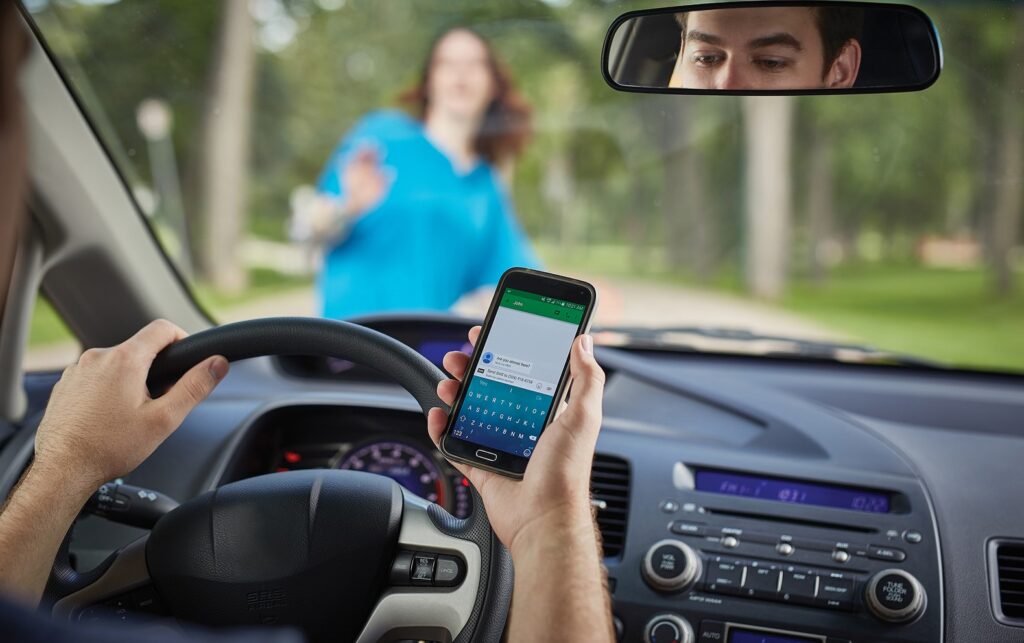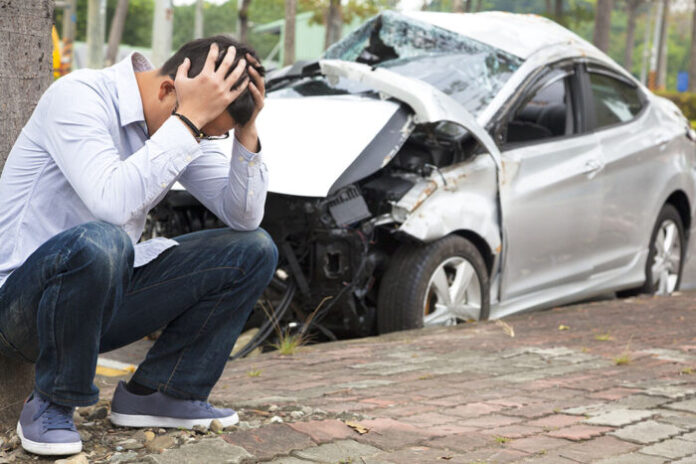Unfortunately, car accidents are an all-too-common occurrence around the world. And the United States is no different. On average, over 38,000 people die from car accidents each year in the U.S. That’s beside the large number of people who suffer injuries and disabilities through car accidents.
Most of these accidents are avoidable – particularly those caused by human error. That’s why you must drive cautiously and follow all the road safety rules. Let’s walk through some of the leading causes of accidents and what you can do to remain safe.
1. Road Rage
According to the National Highway Traffic Safety Administration (NHTSA), nearly 94% of accidents are caused by human error. If you’ve ever driven a car, chances are, you’ve encountered an overly aggressive or angry driver.
That type of behavior is what many refer to as road rage. However, experts refer to such aggressive action as Intermittent Explosive Disorder (IED). On the road, such a condition can lead to anything from verbal arguments to physical altercations.
If you find yourself exhibiting throwing tantrums at the slightest provocation on the road, seek medical attention. There are medications and behavioral therapy to help you. If a driver is showing signs of road rage, don’t react angrily. Be patient and drive away from the scene if necessary.
2. Speeding

Speeding is the second leading cause of accidents in the U.S. Speeding is a type of risky behavior that endangers not only the one driving but other road users as well. While some speed for fun, others speed when they are running late for work or an appointment. Regardless of the circumstances, speeding is not advisable.
Speed limits are not arbitrary: experts obtain them through surveys and extensive research. They take into account factors like road type or size, traffic, environment, and prevailing conditions. Therefore if you go beyond the speed limit, you are relinquishing control of your car, and there’s a high chance for a crash. Here are a few tips to avoid speeding:
- Plan ahead. If you have a meeting or appointment, set off early. Make room for traffic and other eventualities.
- Always keep an eye out for speed limits and road signs. It would help you know when you should slow down and when you can step on the gas.
- Don’t follow others. The fact that other cars on the same road are speeding doesn’t mean you should follow suit. Go at your own pace.
- Drive slowly on unfamiliar roads. Speeding on such roads can be a recipe for disaster.
3. Drunk Driving

Drunk driving is one of the leading causes of automobile accidents. At least one person dies because of drunk driving each day in the US. It’s not surprising that all the 50 states in the US have imposed a 0.08 Blood Alcohol Concentration (BAC) limit on drivers aged 21 and over.
At 0.08 BAC, a driver would have lost proper muscle coordination and the ability to make sound judgments. Vision, memory, and speech would also be impaired. That makes such a driver a danger to himself and other road users. So, if you end up taking in a few with friends, don’t throw caution to the wind and drive anyway. Instead, use a replacement driver or a cab-hailing service. Even if you drive, make sure you check your BAC before hitting the road.
There are consequences if law enforcement officers arrest you under a DUI charge. According to www.atlantaduilawyer.com, most DUI charges are misdemeanors. However, if you have a history of multiple offenses or someone was injured during the accident, you may get a felony charge. And such charges could lead to anything from license seizure to jail time.
4. Distracted Driving

Distractions can come in many forms. Generally, we can categorize driving distractions into three broad categories.
Visual Distractions
Watching a video, reading text messages, looking at someone while driving, and looking at the scenery as you drive. All these are examples of visual distractions that take your attention away from driving. A distraction may last for only a split-second, but it has the potential of causing a crash.
Manual Distractions
These are distractions that require the driver to do some form of physical activity. Examples include taking your hands off the steering wheel, picking up a phone, attending to a passenger using your hands, etc. These distractions are dangerous as they can affect your ability to react quickly.
Cognitive Distractions
A cognitive distraction involves things that affect the mind of a driver. It could be anything from an emotional problem to a need that needs resolving. Stress and frustration from work or home could easily cause a driver to drive absentmindedly.
5. Bad Weather

As a driver, there are often circumstances beyond your control. Bad weather is one of them. From rain, winds, to snow, there are inclement weather conditions that make driving tricky. Here are a few simple tips for making it through the bad weather:
- Don’t Drive: Unless it’s urgent, don’t drive when the rains are pouring, and the winds are raging on.
- Check Your Car: Before you get on the road, check your car’s vital features to make sure everything is working just fine. Imagine driving through the rain without a working wiper?
- Be focused: In the earlier point, we spoke about some of the common distractions for drivers. In a bad weather situation, it is even easier to get distracted. Be alert, keep both hands on the steering wheel, and be ready to react if anything goes wrong.
- Drive Slowly: It’s not prudent to go speeding when the weather’s not too good. You may easily skid off, and your chances of making a mistake are higher.
6. Fatigued Driving

Have you ever fallen asleep at the wheel? Well, so have thousands of other Americans. Fatigued driving, also known as drowsy driving, is a condition that has resulted in thousands of car crashes over the years. If you’re ever driving, and you catch yourself yawning, frequently blinking, drifting from your lane, or not remembering the last few miles, chances are, you are a fatigued driver.
To ensure that doesn’t happen to you, make sure you have enough rest. If you feel tired, let someone else drive. If you have a sleep disorder, get treatment before venturing on a road trip. Don’t take medication that can make you sleepy if you know you’ll be driving.
In this article, we’ve examined some of the top causes of accidents in the U.S. We have also looked at what you can do to ensure you’re not a victim of accidents owing to those causes.










